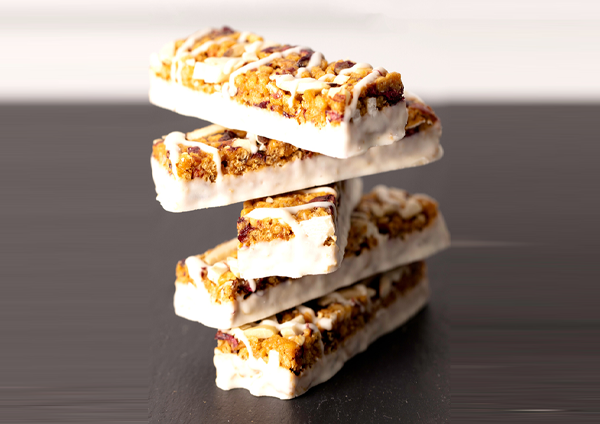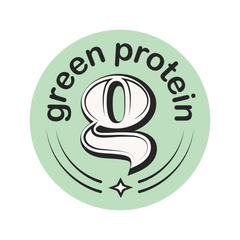
Protein Powder vs. Energy Bars: What's the Difference?
Nutrition is a vital component of a successful fitness routine, and the market is teaming with products promising to help you achieve your health and fitness goals. Among these, protein powders and energy bars are two of the most popular. Both are convenient, easy to use, and available in a variety of flavors and formulations. But what's the difference between them, and which one should you choose? This article will delve into the differences and similarities between protein powders and energy bars, and how to choose the one that best suits your needs.
Protein Powders: What Are They?
Protein powders are dietary supplements that provide a high concentration of protein in a convenient, powdered form. They are typically made from one or more protein sources, such as whey, soy, and casein, or vegan plant-based proteins like peas, rice, and hemp. The powders can be mixed with water, milk, or a plant-based milk alternative to create a protein shake, or they can be added to foods like oatmeal, smoothies, or baked goods to increase their protein content.
Protein powders are particularly popular among athletes and fitness enthusiasts due to their high protein content, which supports muscle growth and recovery. They are also useful for people who struggle to meet their protein needs through diet alone, such as vegetarians, vegans, or those with certain dietary restrictions.
Energy Bars: What Are They?
Energy bars, on the other hand, are compact, ready-to-eat snacks designed to provide a quick source of energy. They contain a blend of carbohydrates, proteins, and fats, and often include additional nutrients like vitamins, minerals, and fiber. The primary source of energy in these bars is typically carbohydrates, which the body can quickly convert into glucose for immediate energy.
Energy bars are convenient for on-the-go snacking, and they can be used as a pre-workout energy boost or a post-workout recovery snack. They're also a popular choice for hikers, cyclists, and other endurance athletes who need a portable and non-perishable source of energy during prolonged physical activities.
Differences Between Protein Powders and Energy Bars
While both protein powders and energy bars can play a role in a healthy diet, there are key differences between them.
Nutrient Composition: Protein powders are primarily a source of protein, while energy bars provide a balance of carbohydrates, protein, and fats. If your goal is to increase your protein intake, a protein powder might be a better choice. On the other hand, if you need a balanced source of energy before or during a workout, an energy bar could be more suitable.
Usage: Protein powders are versatile and can be incorporated into a variety of dishes and drinks, while energy bars are designed to be eaten as they are, making them a convenient choice for on-the-go snacking.
Digestion and Absorption: Protein powders are typically absorbed more quickly by the body, making them ideal for post-workout recovery when the body needs protein to repair and grow muscles. Energy bars take longer to digest due to their fiber content, providing a steady release of energy over time.
So, should you choose protein powder or energy bars? The answer depends on your specific needs and goals. If you're looking to boost your protein intake, support muscle recovery after a workout, or add a protein boost to your meals, protein powder might be the better choice. Conversely, if you need a convenient, balanced source of energy before or during physical activity, energy bars could be the way to go.
Keep in mind that while both products can be part of a balanced diet, they should not replace whole foods. Real, whole foods contain a myriad of nutrients that are essential for optimal health, many of which are not present in protein powders or energy bars. Therefore, use these products as supplements to your diet, not substitutes for nutritious meals.
In the end, the choice between protein powder and energy bars comes down to personal preference and convenience. Consider your lifestyle, dietary needs, and fitness goals, and choose the product that fits best. And remember, the most important factor in any diet or fitness regimen is consistency. Whether you prefer protein powders, energy bars, or both, find a routine that works for you and stick with it.
Whether you're just starting on your fitness journey or looking to optimize your nutrition, understanding the role and benefits of different dietary supplements is key. By making informed decisions, you can make the most of these tools and reach your health and fitness goals more effectively.









